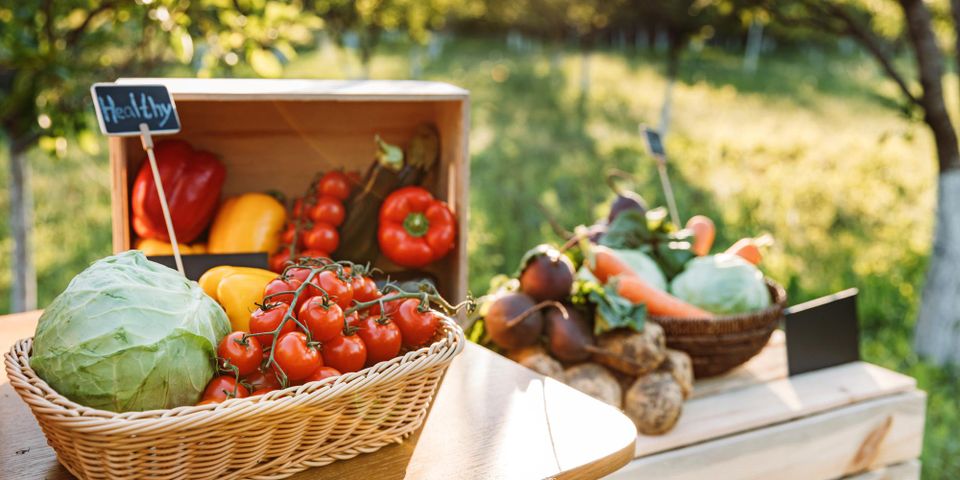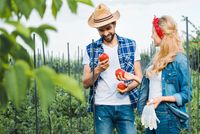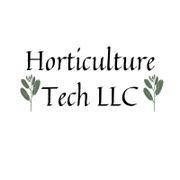The Difference Between Organic & Inorganic Produce

In today’s produce industry, consumers have choices in terms of fruits and vegetables—namely organic or inorganic. While the main difference between the two comes down to farming, there are also notable distinctions between organic and inorganic produce that are significant to the consumer. The guide below takes a look at both options in more detail.
Organic Produce
Organic refers to the process by which the food has been grown or farmed. Typically, this means farming without the use of antibiotics, hormones, artificial chemicals, or genetically modified organisms (GMOs). To label produce as organic, it must be free of all artificial additives like sweeteners, preservatives, flavoring, and coloring. Organic food is grown with natural fertilizers like manure or compost and uses naturally-derived pesticides for pest control.
Inorganic Produce
Inorganic produce is grown using conventional farming with fertilizers and pesticides. While there are claims that inorganic produce negatively affects the health of consumers, there has been no specific evidence that points to this claim. Studies have shown differences between organic and inorganic food, but there is limited information to determine how these differences translate into health benefits.
Other Differences Between Organic & Inorganic Produce
Taste
Some people claim you can taste  the difference between organic and inorganic produce. A National Geographic study found that organic foods are tastier than inorganic. However, because the taste is subjective, this is ultimately a personal consideration.
the difference between organic and inorganic produce. A National Geographic study found that organic foods are tastier than inorganic. However, because the taste is subjective, this is ultimately a personal consideration.
Aesthetics
You may feel that inorganic food items look almost too perfect, whereas organic produce resembles what you’d find in a backyard garden. Non-symmetrical shapes, an array of colors, and minor blemishes characterize organic food while inorganic tends to be more aesthetically pleasing.
Cost
According to the USDA, organic produce can cost up to 60% more than inorganic. Due to expensive farming practices, lower crop yields, and tighter government regulations, organic food is more costly.
Located in Brighton, MI, and serving as the Midwest’s leader in closed-environment vertical farming solutions, Horticulture Tech LLC offers automated farming that is customizable to meet your needs. With more than 30 years of industry experience, this company helps clients grow crops from nearly anywhere. They’ve developed more than 200 crop variety recipes and provide a team you can count on to offer total support and guidance before, during, and after your purchase. Call (810) 522-2794 or visit them online for a look at their farming solutions.
About the Business
Have a question? Ask the experts!
Send your question

